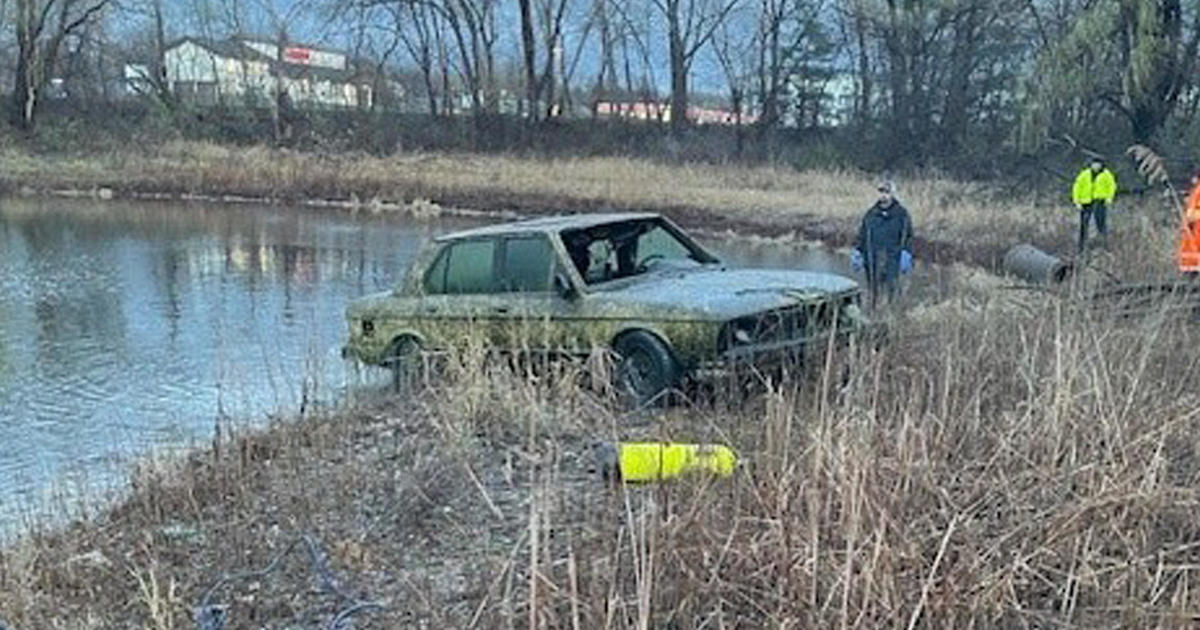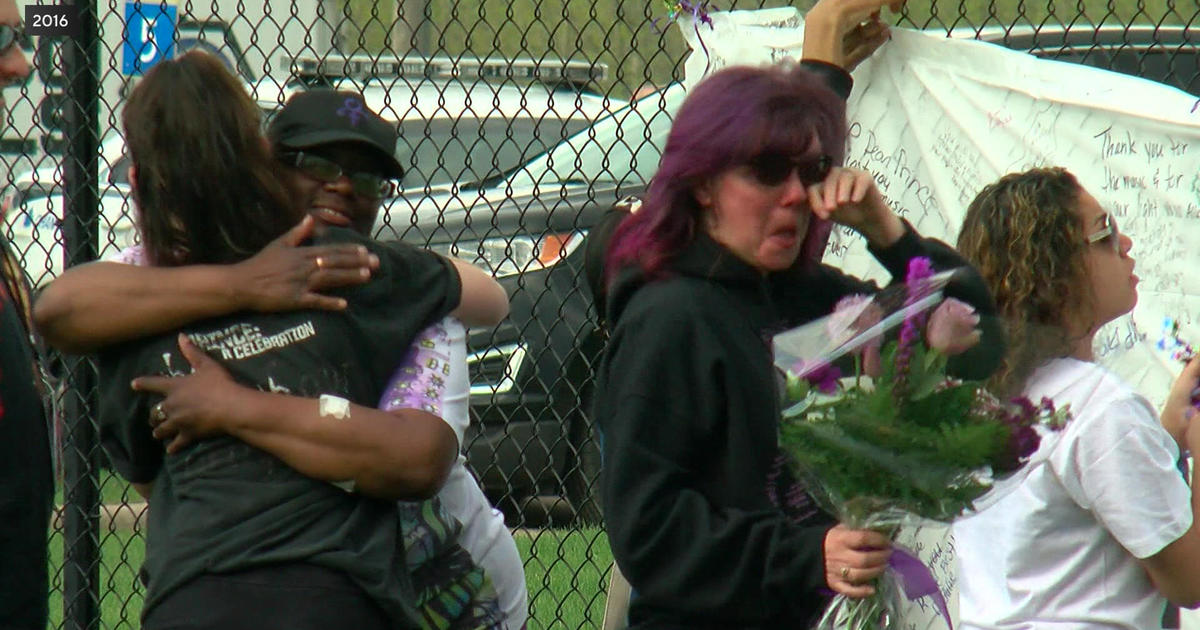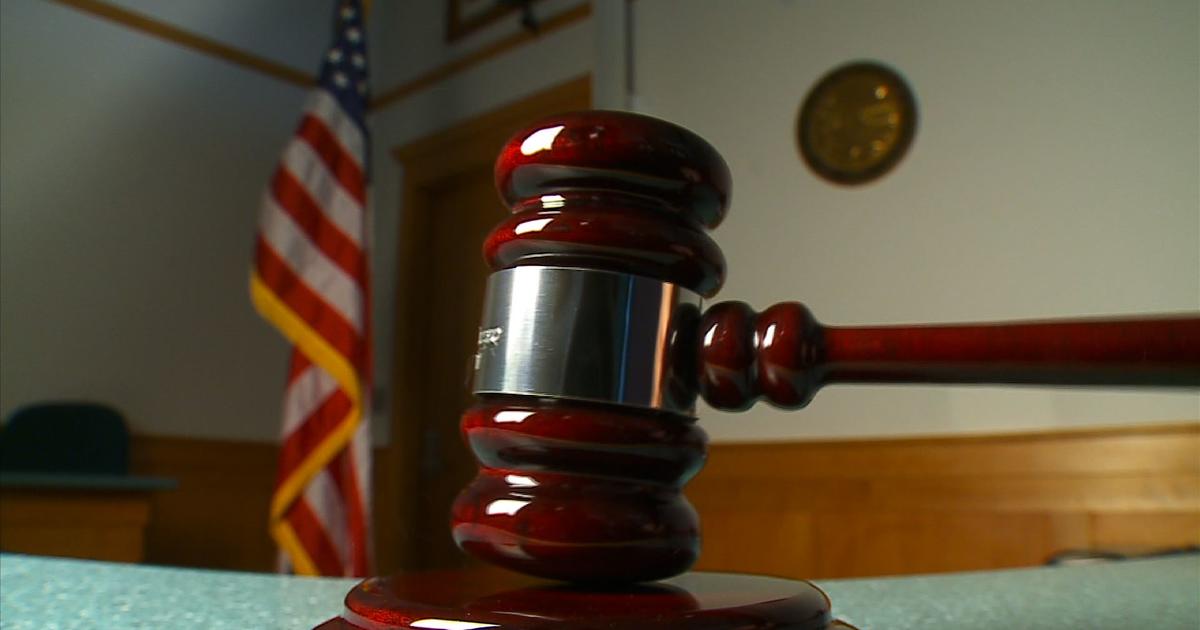'Upskirting' Laws Lag Behind Advances In Technology
MINNEAPOLIS (WCCO) -- A court ruled that a man who snapped secret pictures up a woman's skirt on a Boston subway train did not violate the state's Peeping Tom law.
The practice known as "upskirting" has exposed loopholes in current laws. Minnesota statutes that tackle the issue were written years ago.
But that was before everyone had cell phones.
Michael Robertson was protected by a loophole in Massachusetts legislation, which say Robertson was not in violation because the woman was not nude or partially nude.
Defense attorney Christa Groshek says Minnesota's law dealing with upskirting has not been modified since 1997, back when smartphones did not exist.
"I get that this is an egregious thing, but we got to play by our own rules," Groshek said.
Minnesota Statute 609.746 deals with interference with privacy, and it differs from a similar statute in Massachusetts.
"Minnesota includes clothing covering the immediate area of the intimate parts, but we got back to this subdivision where it talks about places where a reasonable person would have an expectation of privacy," she said.
Those places are listed as sleeping rooms, tanning beds or hotels. The statute does not offer protections anywhere else.
"We've got way more technology than I think this statute ever thought possible," she said.
Groshek says she has a reasonable expectation of privacy as to what's under her skirt. She says lawmakers should make changes to the statute that's lagging behind technology.
"Add another section or … create another statute which specifically speaks to this issue of upskirting," Groshek said.
If Peeping Toms are jumping for joy because they think they can get away with upskirting, think again.
Many attorneys expect this ruling to spark lawmakers across the country to update statutes to protect people from becoming victims.



